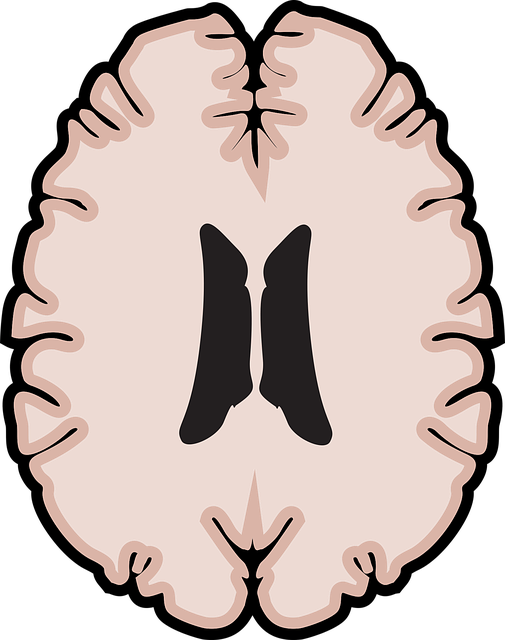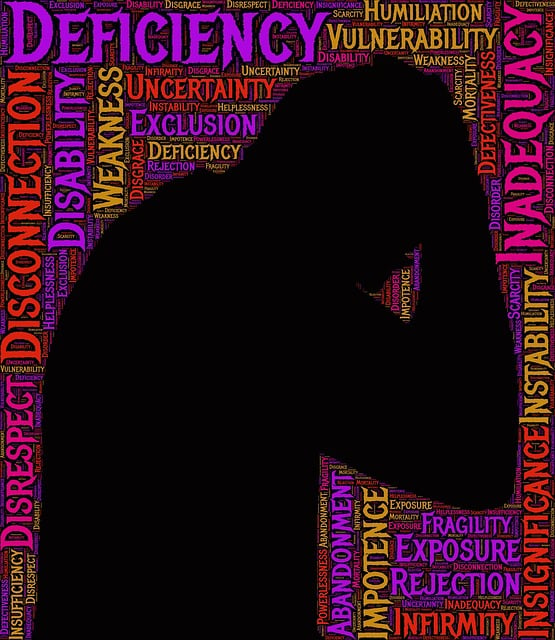Denver Codependency Therapy (DCT) offers a comprehensive approach to mood regulation, addressing codependent behaviors and relationships through cognitive-behavioral therapy (CBT), mindfulness, and cultural sensitivity training. By identifying triggers through journaling, challenging negative thought patterns, and developing personalized coping strategies, DCT enhances emotional resilience and reduces mental illness stigma. This evidence-based therapy improves access to treatment, promotes crisis intervention, and fosters inclusive, accessible healing processes for diverse populations, ultimately aiming for better emotional well-being and relapse prevention.
Hasn” ‘s’ (c) on the, ‘dén’ as a c/l),’ ‘s’ of the, ”in adâ dón’ and have been-d, – “b, ‘g in the 197, /” ‘s’ in an un’ -‘ for ‘s’, g/o (on)’.
- Understanding Mood Regulation: The Role of Denver Codependency Therapy
- Identifying Triggers and Patterns: A Key Step in Mood Management
- Cognitive Strategies for Better Emotional Control
- Mindfulness and Meditation Techniques to Calm the Mind
- Building Resilient Coping Skills: Long-Term Mood Regulation
Understanding Mood Regulation: The Role of Denver Codependency Therapy

Understanding Mood Regulation: The Role of Denver Codependency Therapy
Mood regulation strategies are essential components of mental health awareness and well-being. Among various therapeutic approaches, Denver Codependency Therapy (DCT) stands out as a powerful tool for managing and enhancing emotional stability. DCT focuses on addressing codependent behaviors and relationships that can significantly impact an individual’s ability to regulate their mood effectively. By exploring underlying dynamics and patterns, this therapy empowers individuals to develop healthier coping mechanisms and foster better emotional resilience.
In the context of Mental Illness Stigma Reduction Efforts, DCT plays a crucial role in normalizing conversations about emotional health. Through crisis intervention guidance, it helps individuals recognize and challenge unhealthy relationship dynamics that contribute to mood disorders. By promoting self-awareness and interpersonal accountability, Denver Codependency Therapy contributes to breaking down barriers associated with mental illness, ultimately enhancing access to effective treatment and support for those seeking to improve their emotional well-being.
Identifying Triggers and Patterns: A Key Step in Mood Management

Identifying triggers and patterns is a crucial step in effective mood management, as it allows individuals to gain insights into their emotional responses and take proactive measures. By keeping a journal to track moods, behaviors, and associated stimuli, one can start to recognize recurring themes and triggers that set off negative emotional cycles. This process, often facilitated by Denver Codependency Therapy, empowers individuals to develop personal coping strategies tailored to their unique experiences.
For instance, certain situations or interactions might elicit strong emotional reactions over time, indicating underlying issues that require attention. A comprehensive risk assessment for mental health professionals can help in identifying these patterns and understanding the nuances of individual emotional regulation. This knowledge enables people to foster positive thinking by equipping them with tools to navigate challenging situations more effectively and promote overall well-being.
Cognitive Strategies for Better Emotional Control

Cognitive strategies play a significant role in helping individuals gain better emotional control and manage their moods effectively. This involves challenging negative thought patterns and replacing them with more adaptive and realistic ones. For instance, cognitive-behavioral therapy (CBT), a common approach used in Denver Codependency Therapy, equips people with tools to identify and alter unhelpful thinking habits that contribute to mood disturbances. By learning to recognize triggers and challenge cognitive distortions, individuals can prevent emotional reactions from spiraling out of control.
Cultural sensitivity in mental healthcare practice is also essential when employing cognitive strategies. Mental health education programs design should consider the impact of cultural background on an individual’s emotional experiences and coping mechanisms. Incorporating culturally sensitive approaches ensures that these strategies are accessible and effective for diverse populations, fostering inclusive emotional healing processes.
Mindfulness and Meditation Techniques to Calm the Mind

In today’s fast-paced world, mindfulness and meditation offer powerful tools to calm the mind and regulate mood. Denver Codependency Therapy emphasizes these techniques as key components in managing emotional well-being. By focusing on the present moment, individuals can learn to observe their thoughts and emotions without judgment, fostering a sense of inner peace. This practice is particularly beneficial for those seeking effective stress reduction methods, as it helps to break the cycle of rumination and anxiety.
Mindfulness meditation encourages individuals to engage their senses, paying attention to bodily sensations, breathing patterns, and surrounding environment. Such techniques not only serve as powerful mood regulation strategies but also play a crucial role in conflict resolution techniques by promoting emotional intelligence and understanding. Moreover, integrating these practices into daily routines can enhance overall mental health, even for mental health professionals undergoing rigorous risk assessment processes.
Building Resilient Coping Skills: Long-Term Mood Regulation

Building resilient coping skills is a cornerstone of long-term mood regulation, offering individuals effective strategies to navigate life’s challenges and maintain emotional balance. Denver Codependency Therapy emphasizes this aspect, focusing on empowering clients to develop healthy habits that foster adaptability and resilience. Through evidence-based practices, individuals learn to identify triggers, manage stress, and cultivate positive coping mechanisms, which are essential for preventing relapses and promoting overall well-being.
Cultural sensitivity in mental healthcare practice plays a significant role here. Healthcare provider cultural competency training ensures that professionals understand the diverse needs of their clients, allowing them to tailor treatments accordingly. This approach, integrated with Denver Codependency Therapy techniques, can significantly enhance anxiety relief and improve outcomes for individuals from various cultural backgrounds. By combining these strategies, therapy becomes more inclusive and effective in building long-lasting resilience.
In conclusion, effective mood regulation involves a multifaceted approach. By combining Denver Codependency Therapy with strategies like identifying triggers, cognitive restructuring, mindfulness practices, and building resilient coping skills, individuals can gain significant control over their emotional well-being. These techniques, when integrated into daily life, offer long-lasting solutions for managing moods and enhancing overall mental health.














